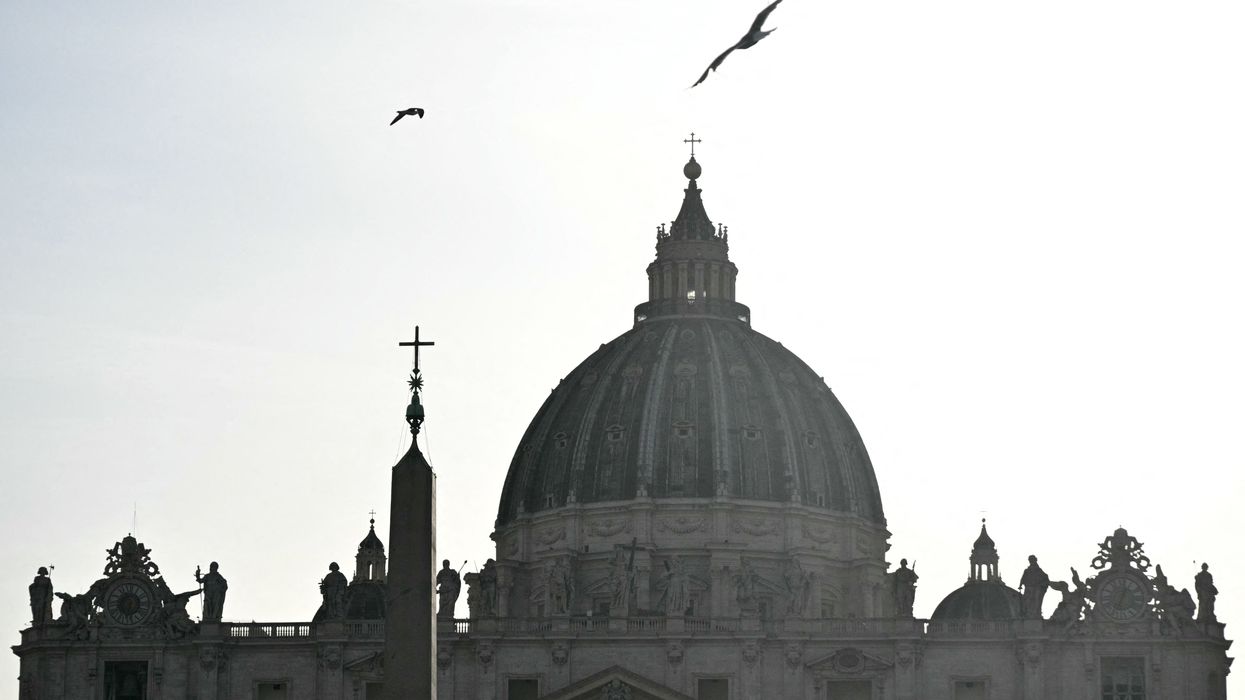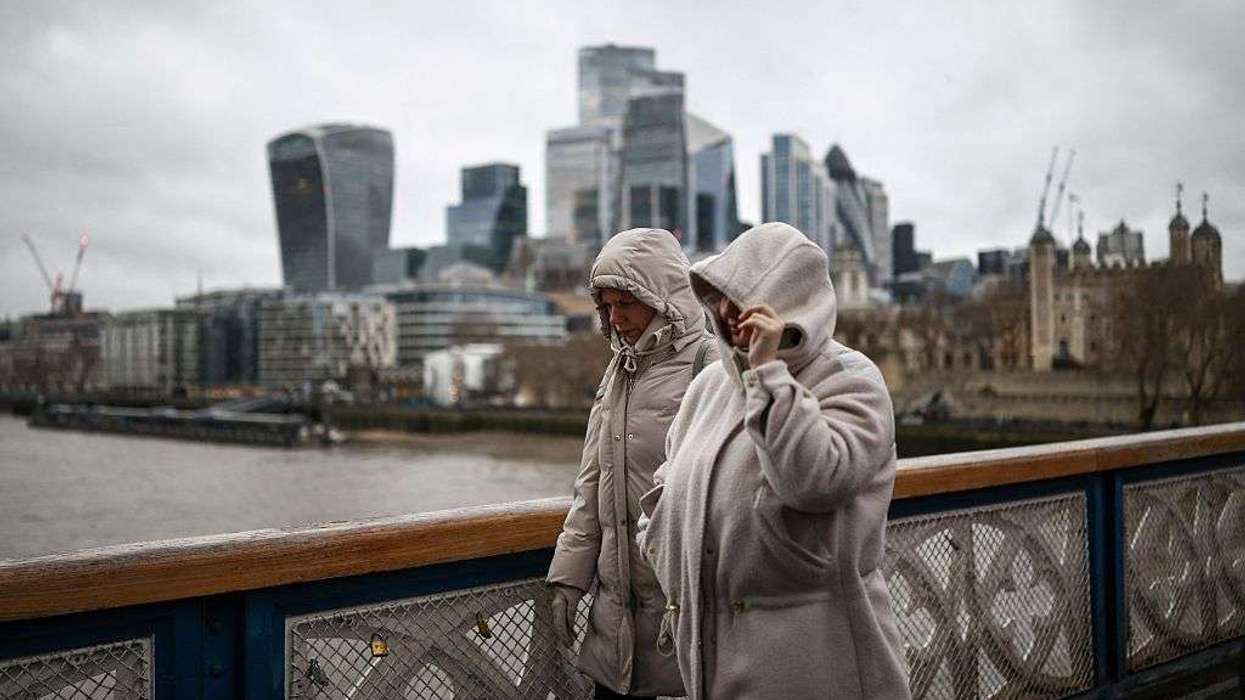The death of Pope Francis on April 21 has triggered a period of mourning across the Catholic Church, and also set off the process to choose his successor.
Fifteen cardinals from around the world are being seen as possible candidates to take on the role of pope. Known as “papabili,” these figures include diplomats, theologians, and Vatican officials. They are listed below by region.
This list is not exhaustive, and the next pope could be someone else.
EUROPE
- Pietro Parolin (Italy), 70, Vatican Secretary of StateParolin, the Vatican's chief diplomat, has served as the number two in the Holy See for most of Pope Francis's tenure. He is known both internationally and within the Roman Curia. A member of the pope's Council of Cardinals, Parolin played a key role in the 2018 deal between the Holy See and China on bishop appointments.
- Pierbattista Pizzaballa (Italy), 60, Latin Patriarch of JerusalemPizzaballa oversees an archdiocese covering Israel, the Palestinian territories, Jordan, and Cyprus. He became a cardinal in September 2023, shortly before the Israel-Hamas conflict began. He has led calls for peace and celebrated Christmas Mass in Gaza and Jerusalem in 2024.
- Matteo Maria Zuppi (Italy), 69, Archbishop of BolognaZuppi has acted as a Vatican diplomat for over 30 years, including as the pope’s peace envoy for Ukraine. He supports welcoming migrants and gay Catholics. He has been president of the Italian Episcopal Conference since 2022
- Claudio Gugerotti (Italy), 69Gugerotti, an expert on Slavic regions, has served as papal nuncio in several countries, including the UK and Ukraine. He became Prefect of the Dicastery for the Eastern Churches in 2022 and has advised Pope Francis on the Russia-Ukraine war.
- Jean-Marc Aveline (France), 66, Archbishop of MarseilleBorn in Algeria and based in Marseille, Aveline became a cardinal in 2022. A close friend of Pope Francis, he has supported interreligious dialogue and migrant rights.
- Anders Arborelius (Sweden), 75, Bishop of StockholmAppointed in 2017 as Sweden’s first cardinal, Arborelius is a convert to Catholicism. He opposes women deacons and blessings for same-sex couples. Like Pope Francis, he supports accepting migrants into Europe.
- Mario Grech (Malta), 68, Bishop emeritus of GozoGrech is secretary general of the Synod of Bishops, which collects input from local churches on key issues and sends them to the pope. He has called for “fraternal dialogue” while reminding that the Church is hierarchical.
- Peter Erdo (Hungary), 72, Metropolitan Archbishop of Esztergom-BudapestA canon law expert fluent in seven languages, Erdo is known for interreligious openness. His ties with Hungarian PM Viktor Orban have drawn scrutiny. He holds conservative views on issues like same-sex marriage.
- Jean-Claude Hollerich (Luxembourg), 67, Archbishop of LuxembourgA Jesuit like Pope Francis, Hollerich lived in Japan for over 20 years and advises the pope as a member of the Council of Cardinals. He supports environmental action and lay participation in Church life.
- Luis Antonio Tagle (Philippines), 67, Archbishop emeritus of ManilaTagle, often seen as Asia’s leading candidate, is known for his openness and criticism of Church shortcomings, including abuse cases. He was made a cardinal in 2012 and was also considered in the 2013 conclave.
- Charles Maung Bo (Myanmar), 76, Archbishop of YangonMyanmar’s first cardinal, Bo was appointed by Pope Francis in 2015. He has spoken in favour of dialogue and reconciliation, especially after the 2021 coup. He has defended the Rohingya and raised concerns about human trafficking.
- Peter Turkson (Ghana), 76, Archbishop emeritus of Cape CoastTurkson is a prominent African cardinal and currently Chancellor of two Vatican academies. He once said a black pope would "have a rough time". He speaks six languages and has addressed global forums like Davos.
- Fridolin Ambongo Besungu (DR Congo), 65, Archbishop of KinshasaAmbongo is the only African member of Pope Francis’s Council of Cardinals. In 2024, he joined other African bishops in opposing the Vatican’s stance on same-sex blessings. In 2023, he said, “Africa is the future of the Church, it’s obvious.”
- Robert Francis Prevost (US), 69, Archbishop-Bishop emeritus of ChiclayoPrevost, originally from Chicago, is Prefect of the Dicastery for Bishops, advising on bishop appointments. He served in Peru for years and became a cardinal in 2023. He also heads the Pontifical Commission for Latin America.
- Timothy Dolan (US), 75, Archbishop of New YorkDolan, a theological conservative, has opposed abortion and dealt with clergy abuse issues in Milwaukee. In New York, he has worked to connect with the Hispanic Catholic community.
anders arboreliuscardinalscatholic churchclaudio gugerottifridolin ambongo besungujeanclaude hollerichjeanmarc avelineluis antonio taglemario grechmatteo maria zuppinext popepapabilipierbattista pizzaballapietro parolinpope diespope francispope francis deathpope francis diesvatican cityvatican officialswho could be the next popewho will be the next pope




